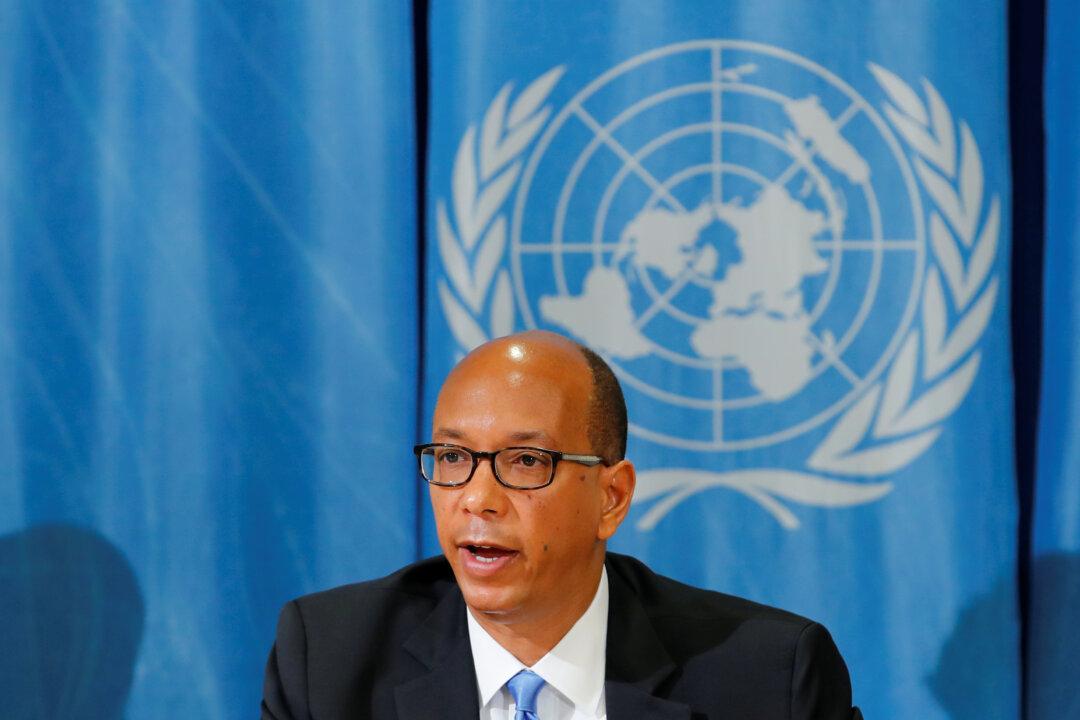The United States called on Russia on Jan. 21 to destroy all missile systems that violate the Intermediate-Range Nuclear Forces (INF) treaty and accused Moscow of destabilizing global security.
Ambassador Robert Wood, permanent representative to the Conference on Disarmament and U.S. special representative for Biological and Toxin Weapons Convention (BWC) Issues, said that the SSC-8 missile system is a “potent and direct threat to Europe and Asia.”





